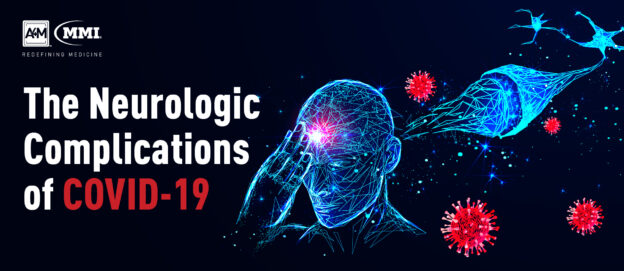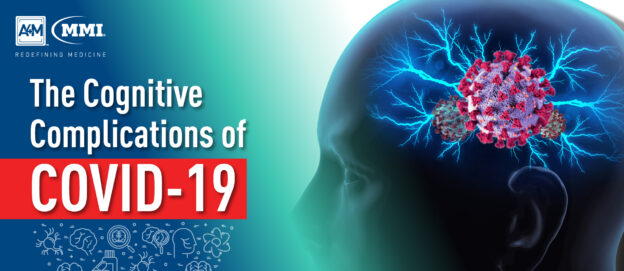As stress has been found to modulate the brain’s reward response, researchers at the University of California, Santa Barbara (UCSB) conducted a study investigating the effects of discrimination and dealing with negative stigma on brain functioning. The new study revealed the negative implications of racial stereotyping on the behavior of the subcortical nucleus accumbens, an area of the brain associated with anticipation of reward and punishment. Their findings were published in a paper featured in Social Cognitive and Affective Neuroscience.
Consequences of Racial Stigmatization
Study author Kyle Ratner, a social psychologist, and his colleagues investigated the effect of negative stereotyping on brain processing in 40 Latinx UCSB students. Participants were randomly assigned to either stigma condition or control groups. Researchers monitored participants’ brain functioning using a functional MRI as they were shown a rapid series of eight 2-3-minute videos pertaining to childhood obesity, high school dropout rates, gang-related violence, and teenage pregnancy.
In the stigmatized group, videos discussed the topics from the Latinx community perspective, suggesting that these individuals were disproportionately affected by them. Meanwhile, the control group was shown videos as related to the general U.S. population. After watching the videos, participants were asked to complete a Monetary Incentive Delay task in which faster response times resulted in monetary rewards.
Altered Brain Functioning
According to the study’s authors, machine learning analyses indicated that incentive-related patterns differed between Latinx participants subjected to negative stereotypes and those within the control group. Researchers found that individuals in the stigma condition group were significantly slower at the task than the control group, indicating disparities linked to the framing of the videos shown.
These effects were tied to personal motivation as related to nucleus accumbens functioning, according to the study’s authors, who highlight the compounding nature of external stressors that is affecting the health of disadvantaged demographics.
“It is clear that people who belong to historically marginalized groups in the U.S. contend with burdensome stressors on top of the everyday stressors that members of non-disadvantaged groups experience,” Ratner told Medical News Today in a recent article. “For instance, there is the trauma of overt racism, stigmatizing portrayals in the media and popular culture, and systemic discrimination that leads to disadvantages in many domains of life, from employment and education to healthcare and housing to the legal system.”
As such, the latest findings implicate that stigmatizing minority populations may impact how these individuals process incentives, expanding understanding of the association between racial stereotyping and personal motivation. This has significant implications for the wellbeing and health of members of these communities and requires further research efforts.
Despite the latest evidence, the study’s authors warn against generalizing their findings as the investigation primarily focused on a singular effect of stigmatization and only evaluated college students. They plan to conduct further experiments in a larger, more diverse cohort to improve the current understanding of systemic effects of structural racism and stereotyping on affected groups and their brain functioning.


